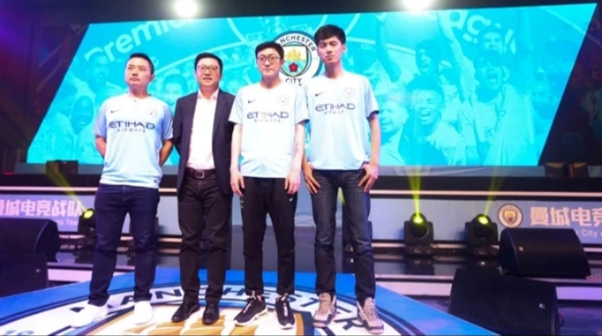You know you’ve succeeded when big brands come knocking on your door for what you’ve built – and that’s certainly become the case with esports, as since 2015 football teams have been jumping on the video game bandwagon in order to capture some of this coveted audience.
On the surface, it’s kind of amusing to see footballers lining up at the nerds’ doorstep – but in fact, their presence raises some interesting questions about the future of eSport teams as a whole.
With eSport predicted to reach 700 million viewers by 2023, it’s easy to see why football clubs want to get involved in this arena.
Let’s take the temperature on the first existing teams, and see how the clubs work together with eSport.
FC Copenhagen
Perhaps one of the lesser known teams on the international European football scene, but eSport is extremely well developed in Scandinavia (Dreamhack, ESL in particular), big names like NIP and SK gaming were the world references in the early 2000s.
AS Roma
The eSport-Football adventure is not only done solo, it is the case of AS Roma which has joined forces with Fnatic, an eSport group, to gain a foothold on FIFA, a game that is certainly a logical choice, under the name RomaFnatic.
The team managed to register a victory during the Gfinity Elite Series, although the fact that none of the original players have yet signed a contract with AS Roma given that the team was founded very recently.
Manchester City
Manchester City in last year became the first Premier League club to launch a FIFA Online team in China. The team, which competed in the Online Star League (FSL), included highly sought-after players such as Zhang Jun, the MVP of 2017, and Aruya and Liu Chao, both of whom have excelled in FSL over the past two seasons.
The list is far from exhaustive – among others, Ajax, Valencia, West Ham and Celtic have already jumped on the bandwagon and it is clear that more projects are to come.















